How To Plan Your Day – Master Daily Planning With These Tips
We all have 24 hours a day. Despite that, some of us achieve more. Learning how to plan your day and stick to it is what makes the difference.
It’s not just about how much you get done, but also what you get done and how well they are aligned to your life goals.
Without a daily plan, it’s easy to spend days and months doing things that keep us stuck and unable to progress in life.
When you start planning your days, you also start seeing a clearer picture of your bigger goals, and how to reach those goals through monthly and yearly planning.
Remember, one day at a time is how successful people got to where they are today. So without further delay, let’s jump into the process of how to plan your day to take you closer to your life goals.
8 Important Tips On How To Plan Your Day
1. Set your daily goals
Each morning after you wake up, get ready like you normally would. If you have a morning routine that’s great, If not you should create one.
After that sit down, close your eyes, and visualize your goals for the day. Without a set of clear daily goals, it will be hard to create a daily plan to achieve them.
Think about your overall goals, this may be personal goals, career goals, health goals, or address any other aspect of your life.
No goal is unimportant if it’s important for you and it deserves your time and effort to work on it. Don’t set goals outside your 9-5 job aside.
You should prioritize them as much as you can and make them a part of your daily plan.
Recommended: Goal Setting: How to set Smarter Goals
2. Prioritize the important tasks
The next step is to prioritize the most important 2 or 3 tasks of the day. You cannot prioritize too many tasks per day as it would drain you and lead to poor quality work.
It is also essential to know that important is not the same as urgent. An important task is something that is goal-driven and will lead to results.
An urgent task may or may not be important such as a phone call, attending the door, responding to a colleague or friend who comes to your desk to talk to you, etc.
Find ways to avoid distractions such as putting your phone on focus mode, telling your colleagues not to disturb you between a certain time block, etc.
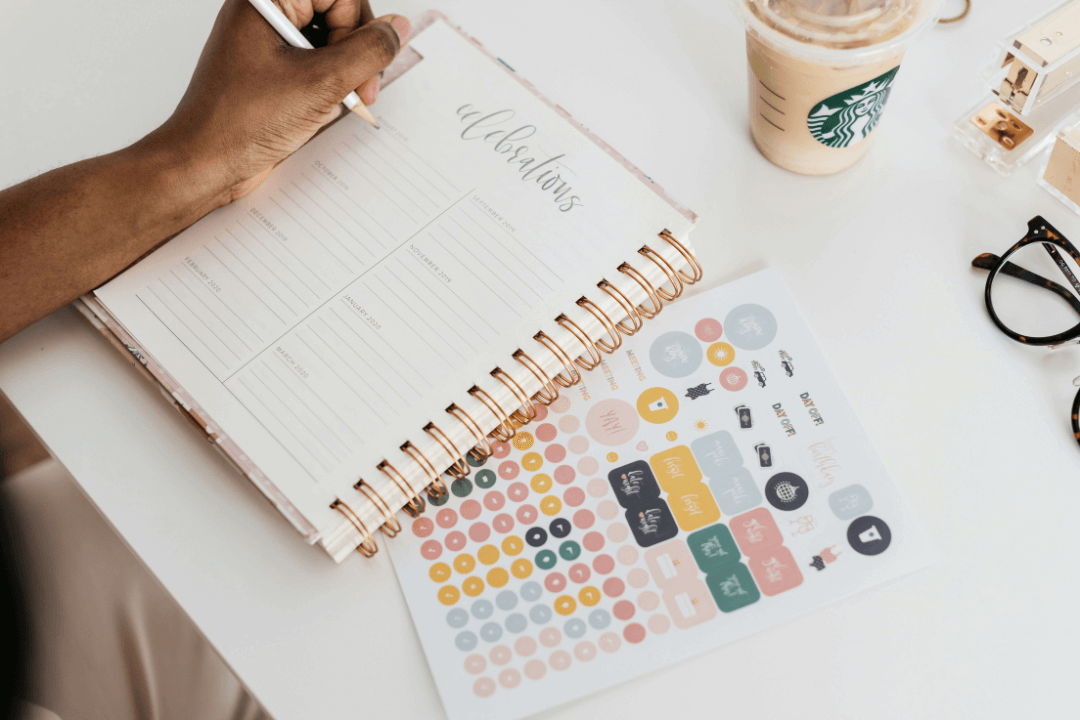
3. Use a daily planner
Once you’ve effectively identified your important tasks, it’s time to lay them out as a proper plan. There are so many different daily planners out there.
Some people prefer to have a printed daily planner like a book and note down everything. Others work with online tools that let them access it from anywhere.
There is no one better way, as what works for you may not work for someone else. What is important is that you should note it down and not waste any energy on deciding what to do next.
When planning your day, always schedule the important tasks to be done in the morning when your mind is fresh, your body is well-rested and you have the highest energy levels.
Schedule tasks by importance and keep the least important or administrative work towards the end of your work day.
Recommended: Best Time Management Skills to Achieve Your Goals
4. Create time blocks
On your daily planner, create time blocks and dedicate those time blocks fully to the allocated tasks.
When creating those time blocks, allocate the hours of the morning to the most important tasks and also make the amount of time for each time block depending on the importance of the task.
For instance, it’s better to allocate a 2-hour time block in the morning to work on a client proposal that will generate revenue and a 30-minute time block in the afternoon to check emails.
Recommended: Here’s Why You Should Start Time Blocking
5. Delegate or Eliminate when possible
You may have a long list of work to do. But if you evaluate all your work, not all of them are that important.
Look at the possibilities of delegating some of those less important tasks to your colleagues or junior staff whenever possible.
More importantly, look at the tasks that may seem important on a surface level but are not necessary. It’s best to eliminate such tasks.

6. Block time for distraction, exercise, and rest
You may want to have a day where you have no distractions and spend all hours of your day being productive.
But this is oftentimes an unrealistic goal. We are not machines and we need other things such as free time, exercise, and rest.
So, intentionally blocking time for distraction, exercise, eating, and rest is a very important part of knowing how to plan your day.
7. Reflect on your day
When it’s time to call it a day at work and return home, feel proud of what you’ve accomplished during the day.
Once you’re back home, it’s ideal to have an evening routine to reflect on how you feel about the way you’ve spent the day, and if you’ve allocated the time for things that align with your goals and values.
If you don’t have an evening routine, it’s a great way to end your day mindfully and be prepared for the next day.

8. Take notes for tomorrow
If you want to take daily planning to a new level, start taking notes of your goals for tomorrow along with the most important tasks that will get you there.
This will help you save the time spent on that the next morning and utilize that time to break down those goals and brainstorm action points on how to achieve them that day.
This activity can either be done at the end of your work day while you’re still at your desk or during your evening routine.
Conclusion
Knowing how to plan your day is without a doubt a key element in achieving success and long-term goals.
If you start planning your day with the above tips and stick to it long term, you will see results in the form of more goals achieved, clarity of mind, improved productivity, and ultimately more success in life.
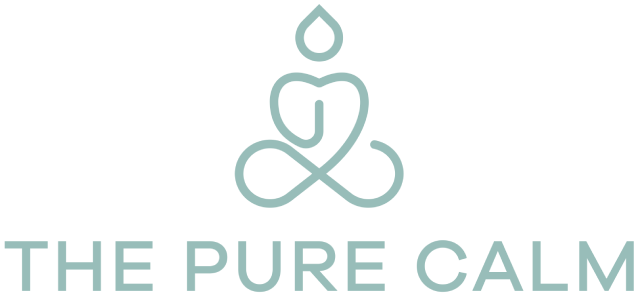
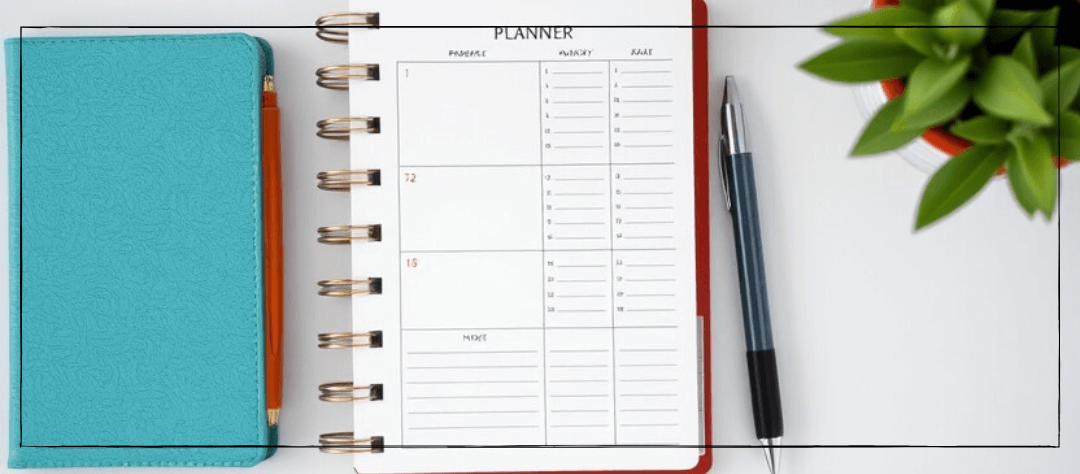



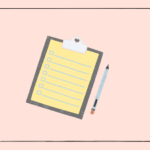



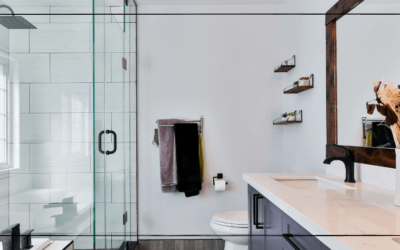
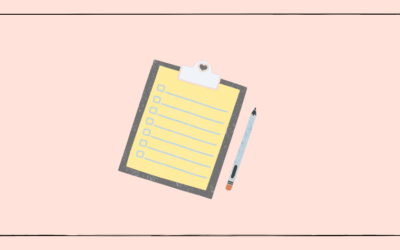

0 Comments